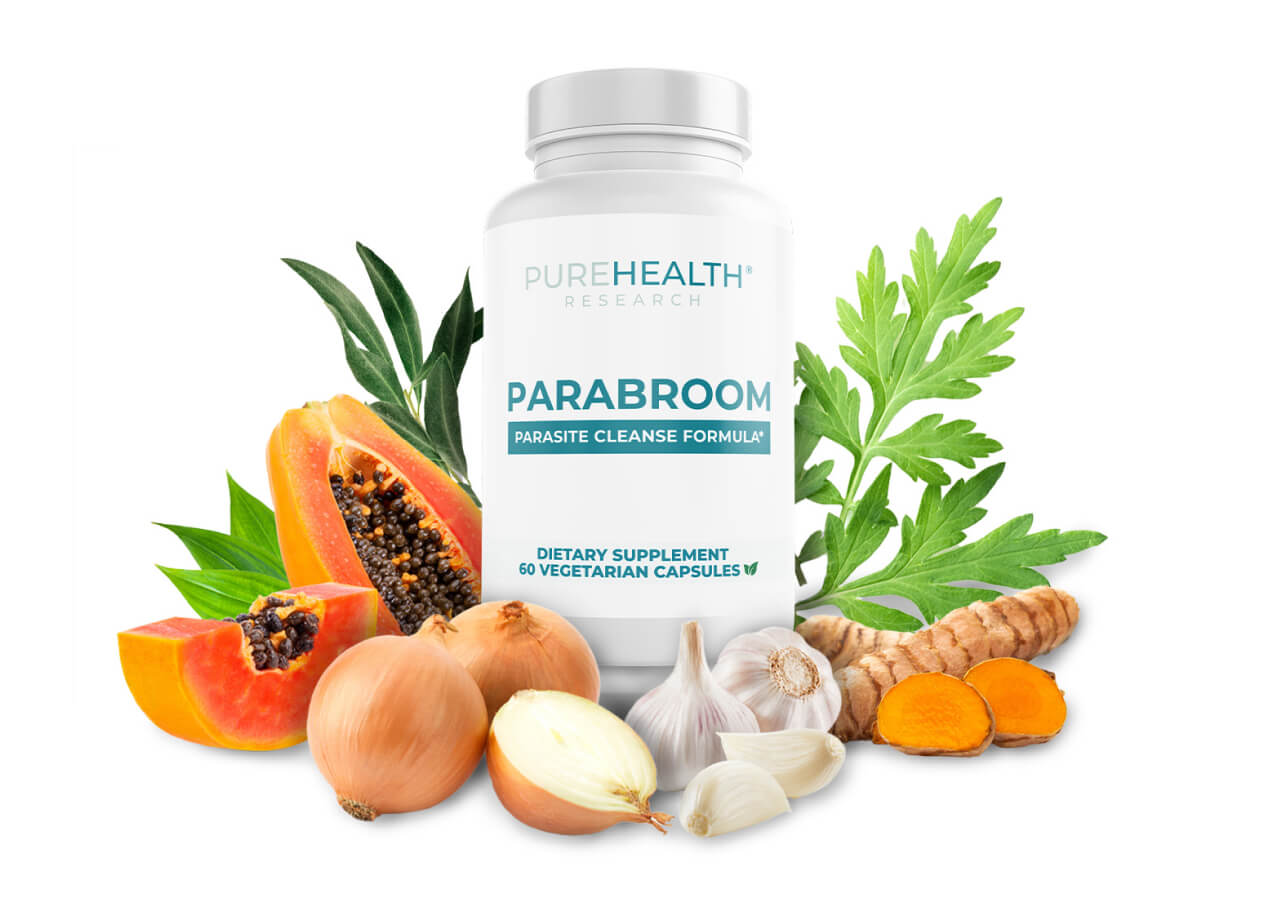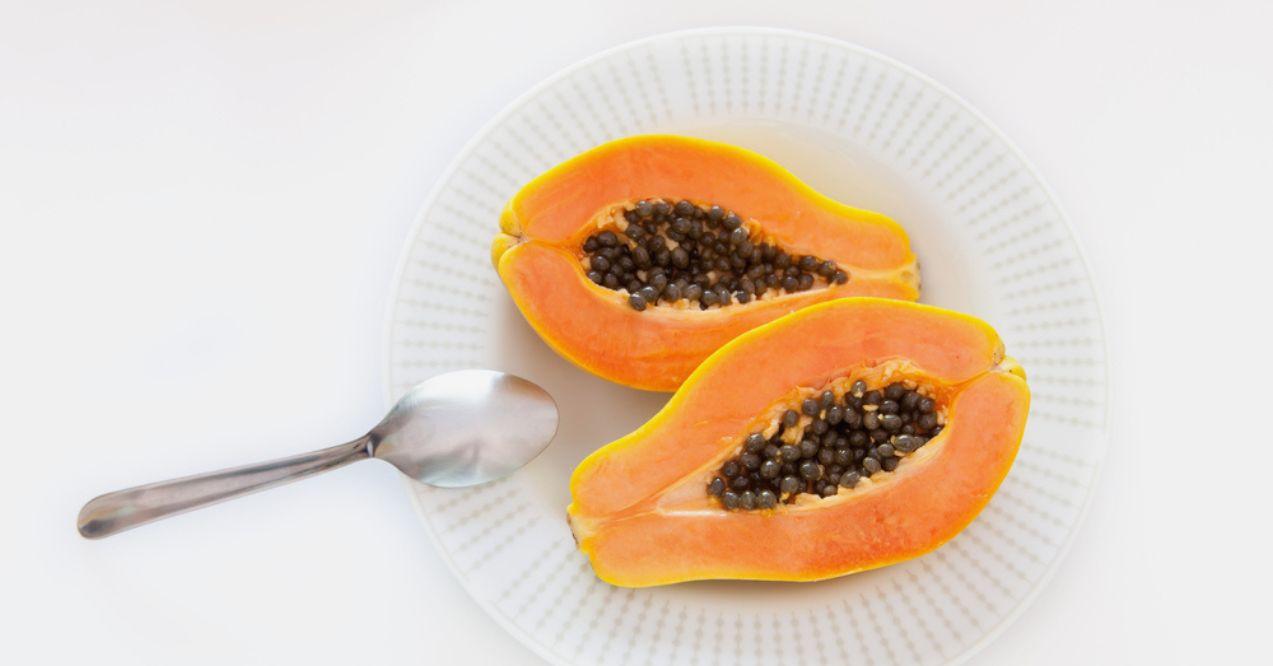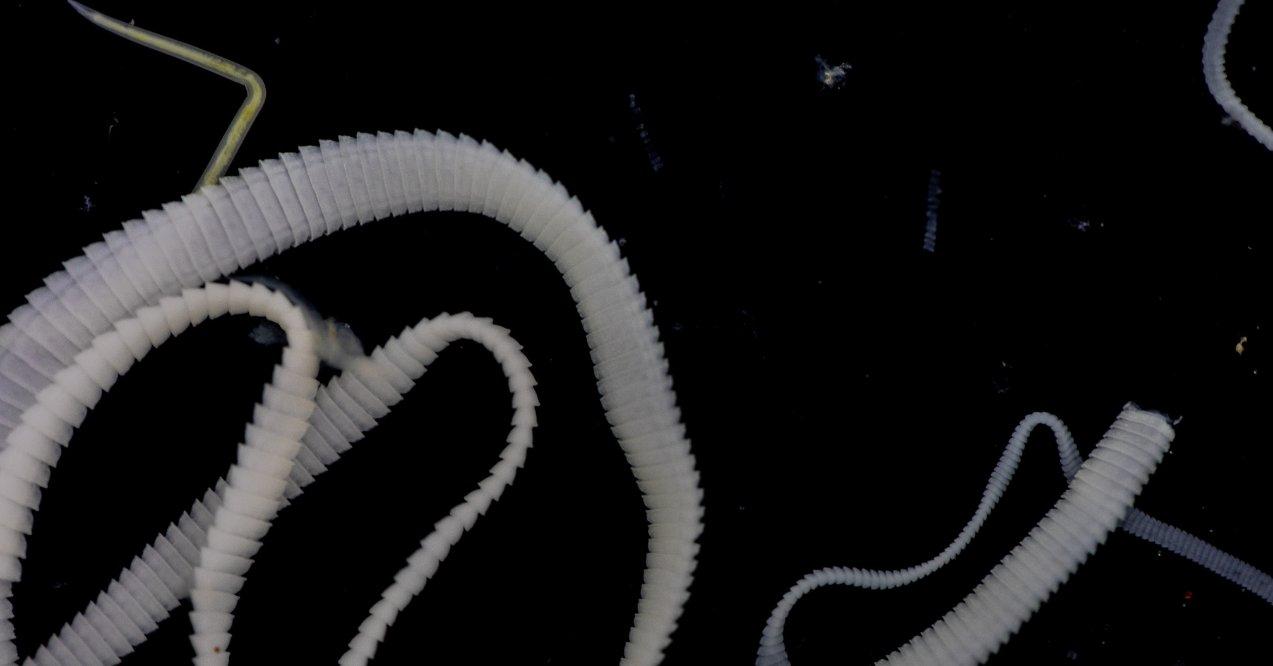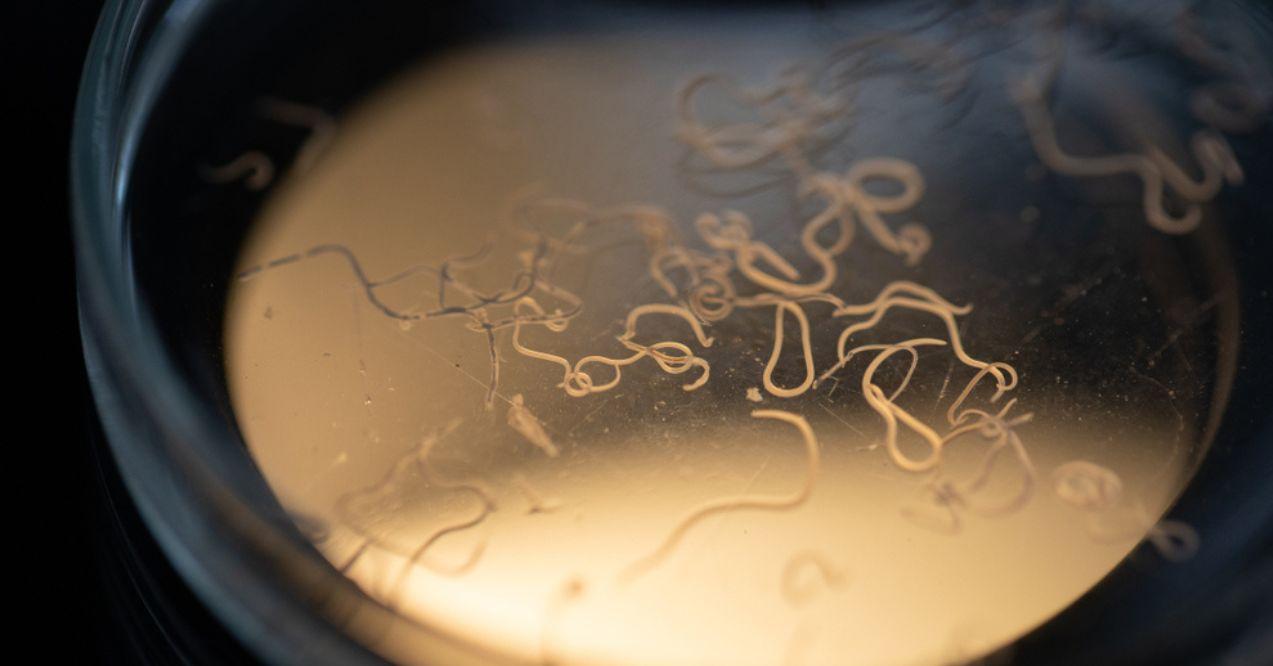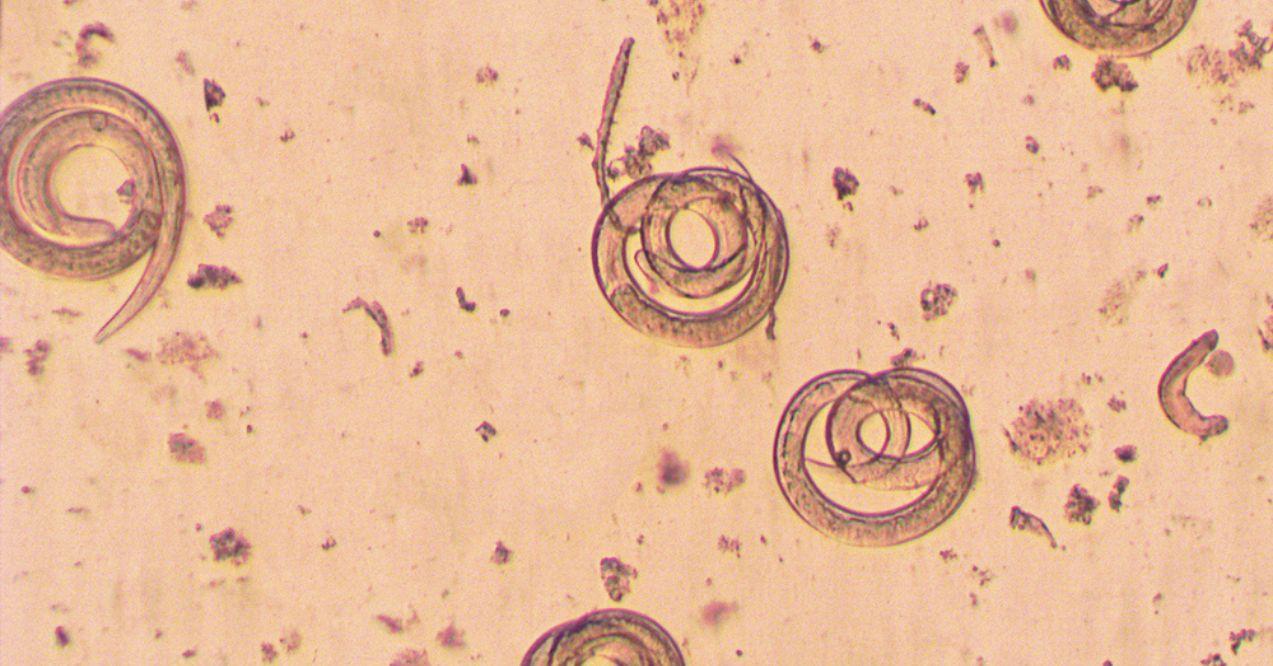Will Fasting Kill Parasites in Intestines?
Explore fasting methods (water, intermittent, juice) & their potential to fight intestinal parasites for better health.
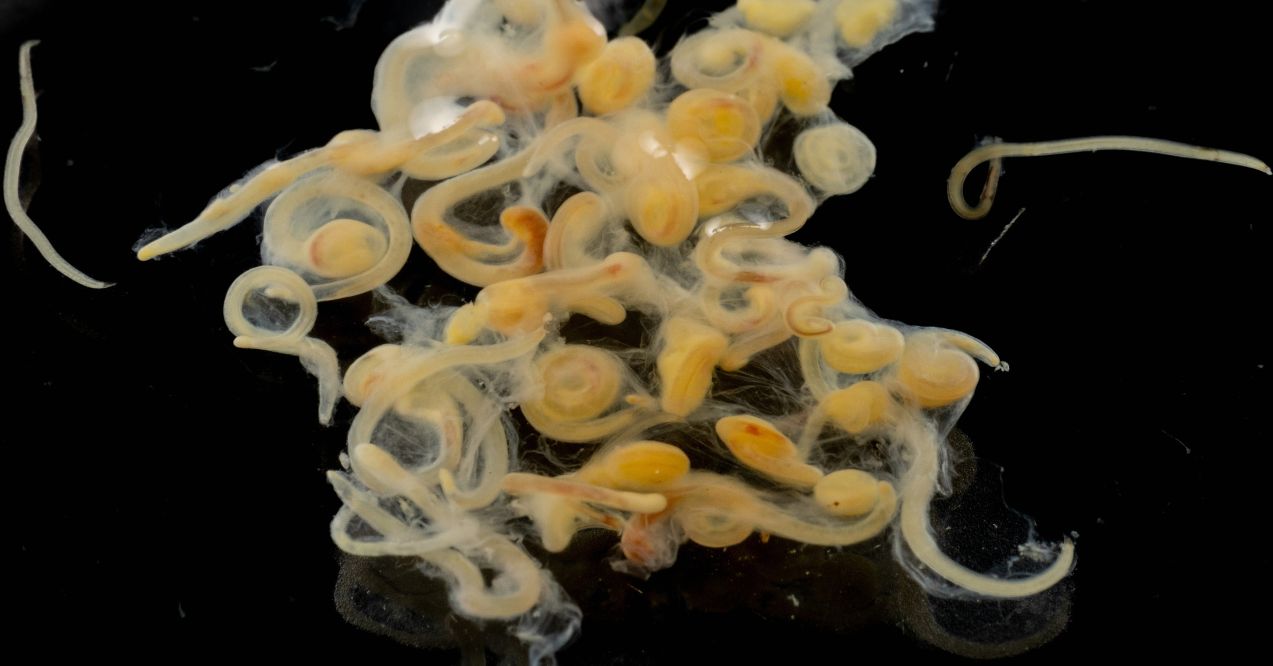

Will fasting kill parasites? The challenge of intestinal parasites distresses many people globally, raising the question of whether fasting could help in combating these annoying invaders.
Parasitic hitchhikers can reveal numerous hostile symptoms ranging from abdominal discomfort and digestive issues to fatigue and nutrient deficiencies. While the common treatments often depend on antiparasitic medications, some people look for alternative forms like fasting to combat these stubborn impostors.
The most common fasting methods people practice may include:
- Dry fasting
- Coconut oil fasting
- Mono-diet fasting
- Herbal cleansing
- Intermittent fasting
- Juice fasting
- Water fasting
It is vital to be conversant with other considerations like safety and potential risks relating to these practices. Read on to learn about diverse fasting forms and their likelihood of safely combating intestinal parasites.
What Are Intestinal Parasites and Their Symptoms?
Intestinal parasites are organisms feeding and living within your body’s intestinal wall of the gastrointestinal tract. They can enter humans’ bodies through exposure to contaminated soil, direct contact with infected animals or people, or through contaminated water or food.
Since they can affect biological processes, they can impact one’s health and result in various unpleasant symptoms. The prevalent parasitic infestation signs might include the following:
- Fatigue
- Vomiting or nausea
- Diarrhea
- Abdominal discomfort
- Itching or rash
- Gas or bloating
Will Fasting Kill Intestinal Parasites?
The intersection of fasting and intestinal parasite control is an intriguing area of study, albeit one with limited direct research. While the concept of “starving out” unwanted gut inhabitants through fasting may seem intuitive, the reality is more nuanced. Let’s examine what the current scientific literature tells us about this topic.
Giardia and Fasting
Giardia, a common intestinal parasite, has a complex life cycle involving resistant cysts and active trophozoites. While one might assume fasting could disrupt this cycle, there’s no conclusive evidence that short-term fasting (1-2 weeks) significantly reduces Giardia cyst shedding. The parasite’s ability to form protective cysts may allow it to survive periods of nutrient scarcity.
Helminths and Fasting
Regarding helminths (parasitic worms), an interesting study on whipworm infections in mice showed that a high-fat diet enhanced the immune system’s ability to expel these parasites. However, this doesn’t directly relate to fasting, and we can’t assume similar outcomes for fasting protocols.
Fasting may trigger autophagy, a cellular cleaning process that could indirectly support the body’s ability to combat parasites. However, prolonged fasting might also temporarily suppress certain aspects of immune function, potentially complicating parasite elimination.
Different parasites have evolved various survival strategies, including the ability to enter dormant states or alter their metabolism. This adaptability challenges the notion that fasting alone could effectively eliminate parasitic infections.
Currently, there’s a lack of targeted research on the effects of fasting on diverse intestinal parasites. While fasting may offer various health benefits, its efficacy against intestinal parasites remains unproven. For individuals dealing with parasitic infections, consulting a healthcare professional and using proven antiparasitic treatments remains the most reliable approach.
In conclusion, while the concept of using fasting to combat intestinal parasites is interesting, the scientific evidence doesn’t currently support its effectiveness. As research progresses, we may gain new insights, but for now, it’s best to rely on established medical treatments and preventive measures.
Types of Popular Fasting Methods
Can fasting eliminate parasites? While this question has intrigued many, scientific evidence to support the direct effectiveness of fasting for parasite elimination is limited. However, some fasting methods might indirectly influence the gut environment or support the body’s immune response, which could theoretically play a role in managing parasitic invaders. Below we will look into the most popular fasting methods and explore each effectiveness:
1. Water Fasting
This is a strict form of fasting where you consume only water, avoiding all other food and drinks. It usually involves a gradual transition, starting with a few days of reduced food intake before moving into the water-only phase.
Effectiveness: There is no robust scientific evidence to support the claim that water fasting directly kills parasites. However, some anecdotal reports and animal studies suggest it might create an environment less hospitable to certain parasites. Human studies are lacking, and prolonged water fasting can be dangerous.
2. Juice Fasting
The diet involves consuming only fresh juices from fruits and vegetables, providing some nutrients while still restricting calorie intake. Juices from garlic, wormwood, citrus fruits, or other antiparasitic ingredients might be used.
Effectiveness: Limited research exists on the specific impact of juice fasting on parasites. While some ingredients in juices (e.g., garlic) have shown antiparasitic properties in lab studies, their effectiveness in humans during juice fasting is unclear.
3. Intermittent Fasting
Intermittent fasting involves cycling between periods of eating and fasting. A common approach is time-restricted eating, where you consume your meals within a specific window (e.g., 8 hours) and fast for the rest of the day.
Effectiveness: Intermittent fasting has been studied for its potential benefits on gut health and inflammation. While these effects might indirectly support the body’s ability to fight pathogens, there’s no direct evidence that intermittent fasting alone eliminates parasites.
4. Herbal Cleanses
This involves consuming specific herbs or herbal blends thought to have antiparasitic properties. Common herbs include wormwood, cloves, and garlic, which contain compounds that may harm parasites.
Effectiveness: Some herbs used in cleanses (e.g., wormwood, cloves) have demonstrated antiparasitic activity in lab studies and traditional medicine.
5. Mono-Diet Fasting
Mono-diet fasting involves eating only one type of food or food group for a period, such as fruits, vegetables, or rice. The idea is to create an environment that parasites find difficult to thrive in.
Effectiveness: There are no rigorous scientific studies demonstrating the effectiveness of mono-diet fasting for eliminating parasites in humans. The concept is based on the idea that restricting the diet to a single food may create an environment inhospitable to parasites. However, this lacks scientific backing. Additionally, mono-diet fasting can lead to nutritional deficiencies due to the lack of dietary diversity.
6. Coconut Oil Fasting
This involves consuming only water and coconut oil for a set time. Coconut oil contains lauric acid, which is believed to have some antiparasitic properties.
Effectiveness: While some preliminary research suggests that lauric acid (found in coconut oil) might have in vitro antiparasitic activity against certain parasites, there is insufficient evidence to support its effectiveness in humans, especially in the context of coconut oil fasting.
7. Dry Fasting
This extreme method involves abstaining from both food and water for a certain period. It’s intended to create an extremely harsh environment for parasites.
It should not be practiced.
Effectiveness: There is no scientific evidence supporting the use of dry fasting for parasite elimination. This extreme form of fasting involves abstaining from both food and water, which can lead to severe dehydration, electrolyte imbalances, kidney damage, and other life-threatening complications. There are no studies showing that the physiological stress induced by dry fasting selectively targets parasites while sparing the host. This practice should be strictly avoided due to its significant risks.
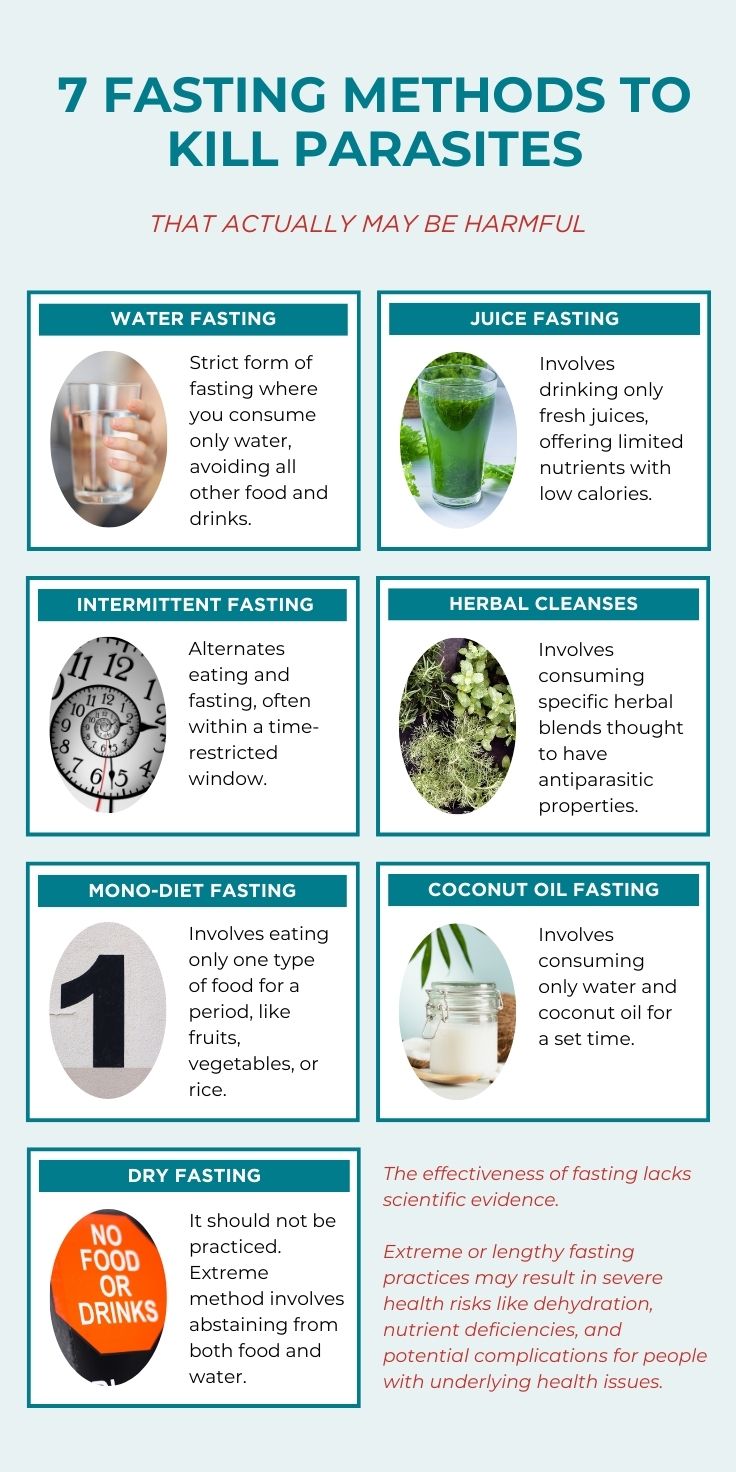
Are There Any Risks When Fasting?
Yes. While fasting may counteract parasitic invaders, it’s vital to be aware of parasite cleanse side effects. Extreme or prolonged methods such as dry fasting or water fasting can pose severe health menaces if not administered carefully, like nutrient deficiencies and dehydration. Skipping meals for extended periods can cause your body not to receive crucial nutrients, minerals, and vitamins necessary for essential bodily operations. It can result in a compromised immune system, weakness, or fatigue and make the body less resilient to fight pathogens.
Senior age individuals might also endure high risks when fasting, as the body’s capability to adjust to fluctuations in hydration levels and nutrient intake lessens with age. These demographics should approach fasting with extreme caution and under medical supervision.
What Are the Guidelines for Safe Fasting?
There are numerous directives on how to do a parasite cleanse safety. Here are a few of these guidelines:
- Few days before the fast, slowly transition to nutrient-dense, plant-based foods
- Ensure proper hydration before, during and after
- Follow fasting-specific instructions
- Consult with medical professional
- When finishing the fast, reintroduce meals gradually
What if I Don’t Want to Do Fasting?
Whenever fasting does not align with your wellness aims or preferences, you can consider alternative choices like Parabroom by PureHealth Research. This supplement can help reduce unpleasant parasites and restore your well-being to tip-top shape. You only need to take the recommended dosage of 2 capsules once daily and follow proper directives to boost your body’s natural defenses against intestinal parasites and get your digestive system back in harmony.

Other antiparasitic drugs and herbals like raw garlic and cloves could be helpful in eliminating parasitic hitchhikers. Regardless of the alternative options you may select, it is beneficial to adhere to medical practitioners’ advice for practical directives, depending on your particular circumstance.
When Should I Consult Healthcare Providers?
It is vital to rely on healthcare providers before you begin your fasting journey, mainly if you have chosen this method to help alleviate intestinal parasites. They are competent in minimizing the risks and optimizing the potential wellness benefits while ensuring your safety.
By assessing the parasite die-off symptoms in your body, they can determine if fasting is the correct course of action for you and recommend a suitable duration and fasting approach based on your specific situation. They can also guide you on appropriate refeeding steps to avoid potential complications, monitor your progress, and advise you on how to prepare for the fast.
The Bottom Line
- Various forms of fasting can help develop unwelcoming surroundings for particular types of intestinal parasites by altering the gut atmosphere and depriving them of nutrients.
- The effectiveness of fasting lacks scientific evidence.
- Extreme or lengthy fasting practices may result in severe health risks like dehydration, nutrient deficiencies, and potential complications for people with underlying health issues.
- Relying on medical practitioners’ advice when handling parasitic infestations is vital before commencing the fasting schedules.
- Choices like Parabroom, preventative measures, herbal remedies, and other antiparasitic drugs should be administered with the help of healthcare practitioners.
For you to test for parasitic pathogens, it is advisable to check with a competent medical physician. Only with the help of a certified professional you’ll be able to verify the presence of these microorganisms in your body.
You can do this by checking the presence of symptoms. Some of the underlying signs that showcase that you have intestinal parasites in your digestive system include diarrhea, fatigue, vomiting, rashes or itching, abdominal discomfort, and nausea, among others.
The most appropriate test to spot intestinal parasites is stool examination. It entails gathering numerous samples over a few days to spot parasite cysts or eggs. Also, endoscopic procedures or blood tests could be efficient in assessing the extent of parasitic invasions or detecting particular forms of them.
Sign up for our Healthy Living newsletter!
Advertisement. This site offers health, wellness, fitness and nutritional information and is designed for educational purposes only. You should not rely on this information as a substitute for, nor does it replace, professional medical advice, diagnosis, or treatment. If you have any concerns or questions about your health, you should always consult with a physician or other health-care professional. Do not disregard, avoid or delay obtaining medical or health related advice from your health-care professional because of something you may have read on this site. The use of any information provided on this site is solely at your own risk.
